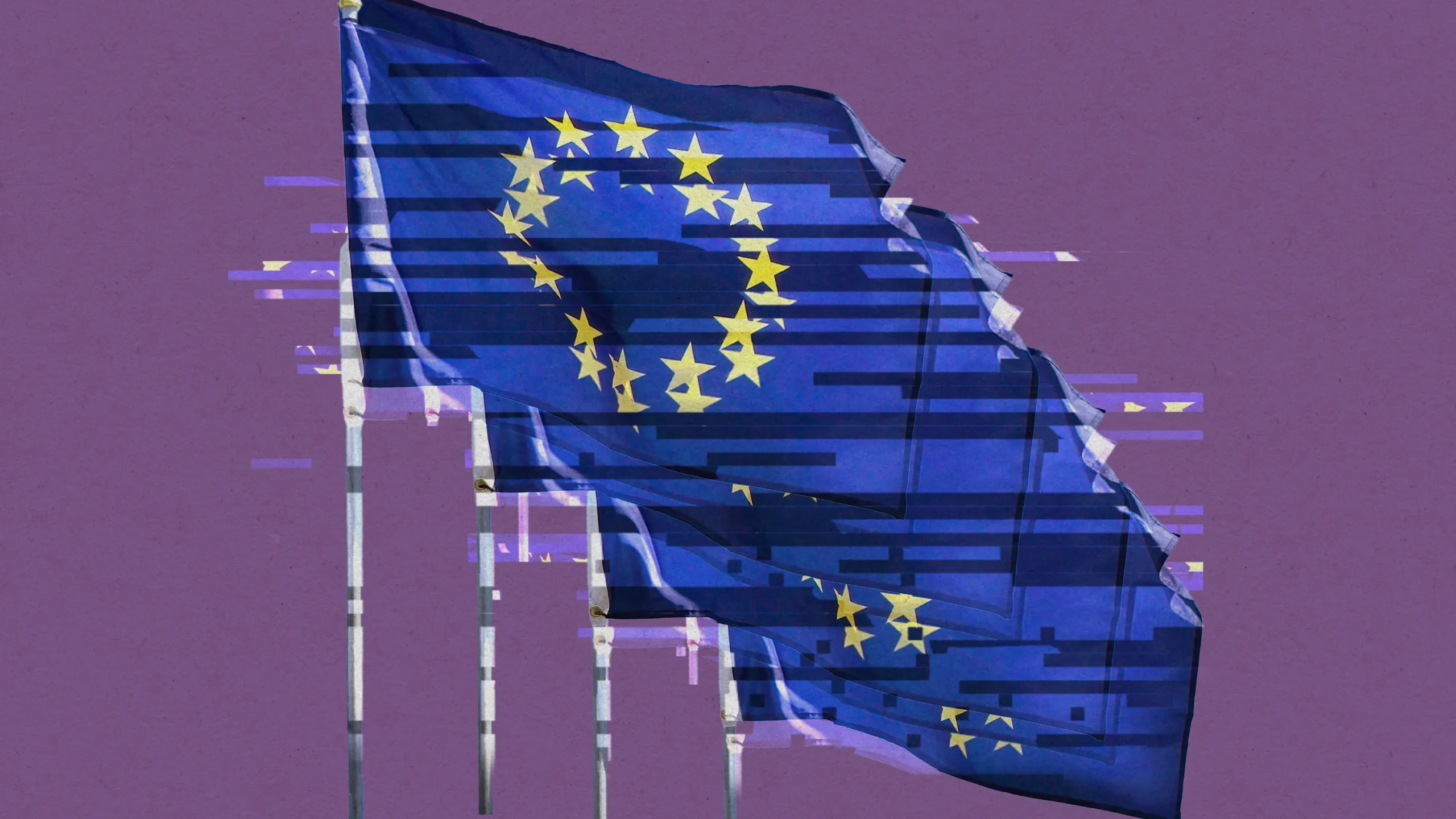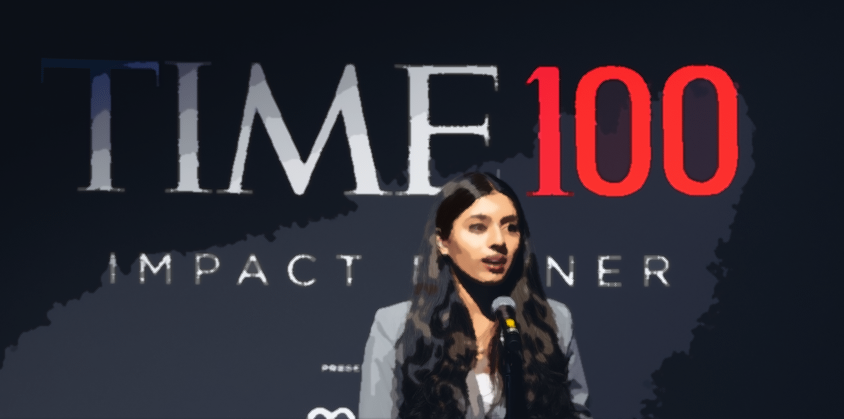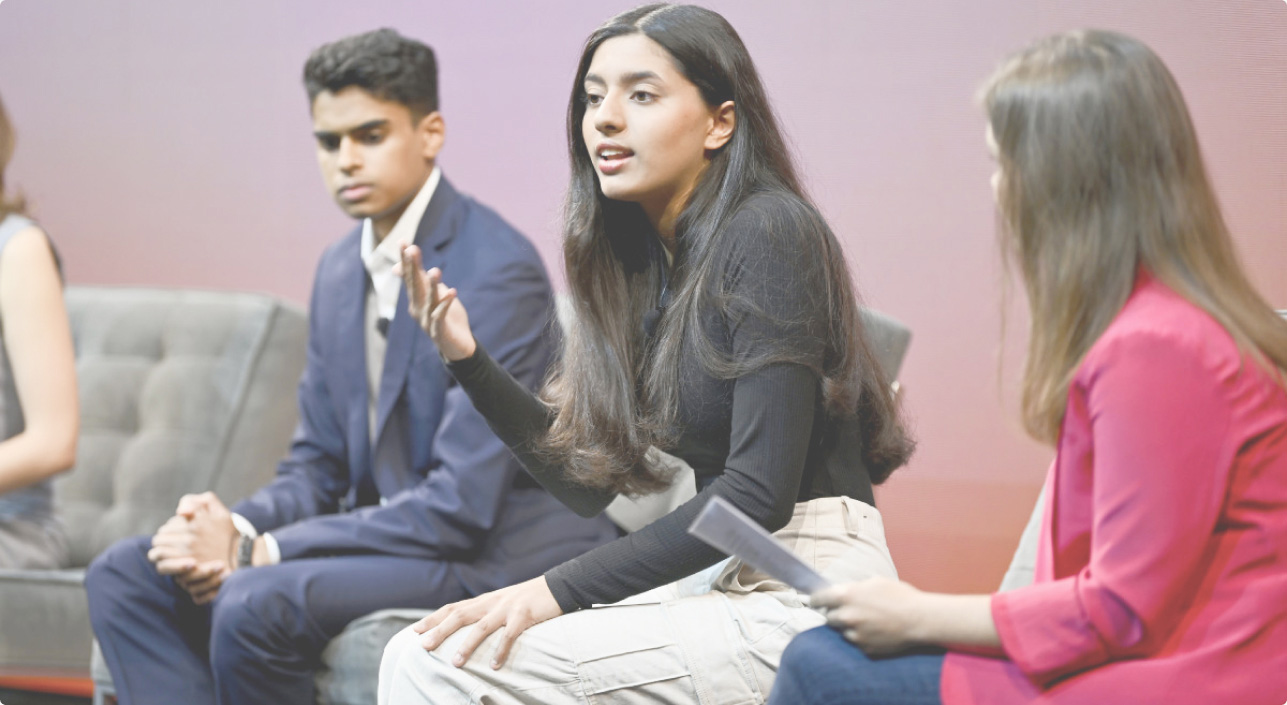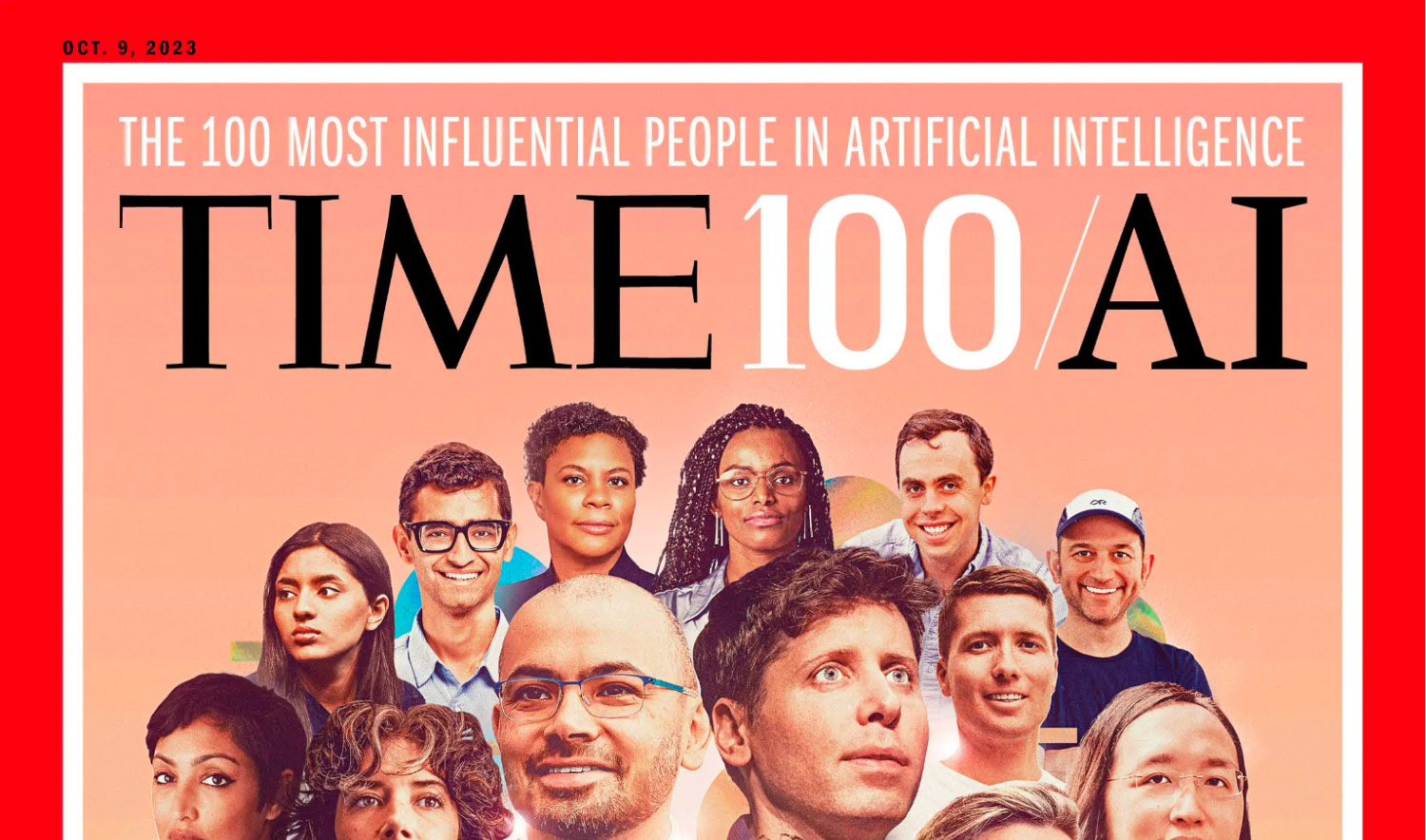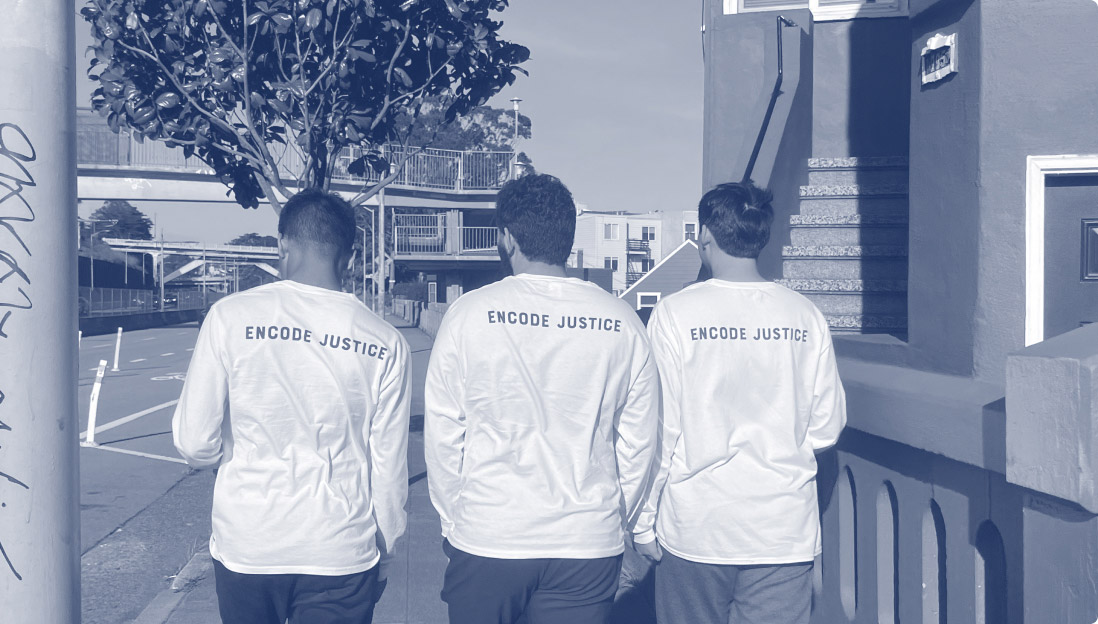Encode Justice is mobilizing communities for AI aligned with human values.
Some samples of our work:
- Hosting weeks of action in Washington, D.C. to lobby on Capitol Hill
- Leading AI literacy workshops for underserved youth in partnership with Chicago Youth Centers
- Drafting and disseminating 7 policy memos detailing AI’s societal impacts and our recommendations for congressional action with the support of our AI Issue Advisory Council (take a look here!)
- Testifying before state legislatures and city councils in support of restrictions on public use of facial recognition technology
 Image: From our founder Sneha’s meeting with Vice President Harris on AI.
Image: From our founder Sneha’s meeting with Vice President Harris on AI.
Joint statement with the Future of Life Institute
This joint open letter by Encode Justice and the Future of Life Institute rejects the false choice between tackling current and emerging AI risks and calls for a U.S. AI licensing regime.
Youth open letter on AI risks
As the world’s largest network of young people fighting to reimagine our collective AI future, spanning 600 students from 40 countries, we at Encode Justice write to underscore the urgency of acting to mitigate emerging technological threats—and including our generation’s voice in these critical conversations.
“ Working at Encode Justice has been a unique adventure, with each day bringing its own set of challenges and opportunities. One moment, we're deeply engaged in crafting and advocating for legislation in state capitols, and the next, we find ourselves engaging with national leaders at the White House. ”
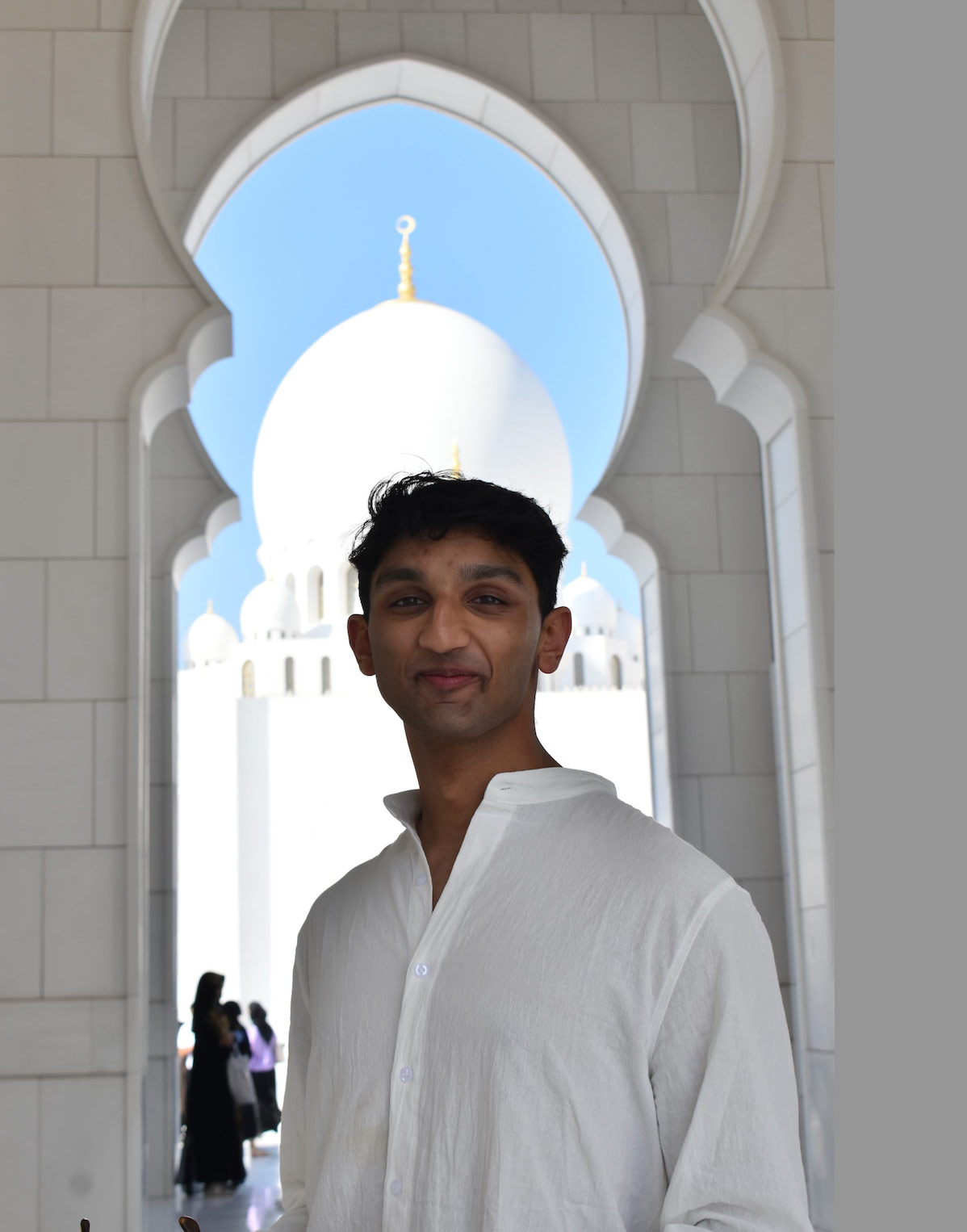
“ Here at Encode Justice, we’re striving to equip young activists across varying social, cultural, and political contexts globally with the tools they need to create a safer and more equitable AI ecosystem. For the future, by the future. ”

“ The work we do at Encode Justice is so special because while most AI policy organizations are cloistered away in Silicon Valley or DC, we also work at the grassroots level, mobilizing campus, city, and state chapters to serve their local communities. ”
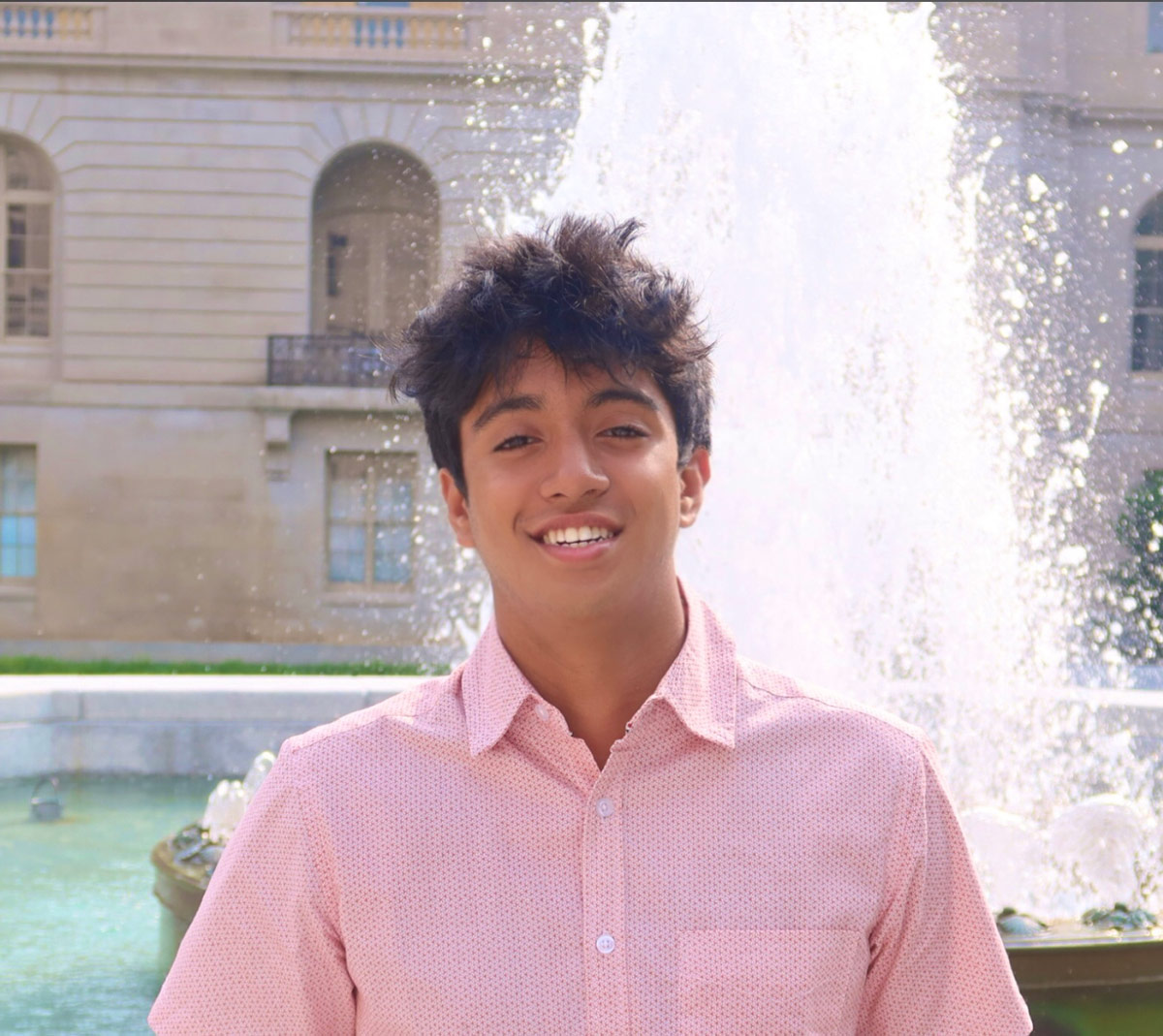
“ Encode Justice’s chapter network really empowers students to advocate for privacy and accountability in the face of AI-powered surveillance. It’s truly incredible to see our members engage politically with community leaders on tech policy issues, often simultaneously educating them. ”

“ Encode Justice has reshaped the way I view the world and technology. It has been so inspiring to see how we have impacted more than 5000 students across the globe, changing the lenses through which we view technological development. Encode Justice is not just a network of students, but a movement to reimagine equality in the modern day. ”
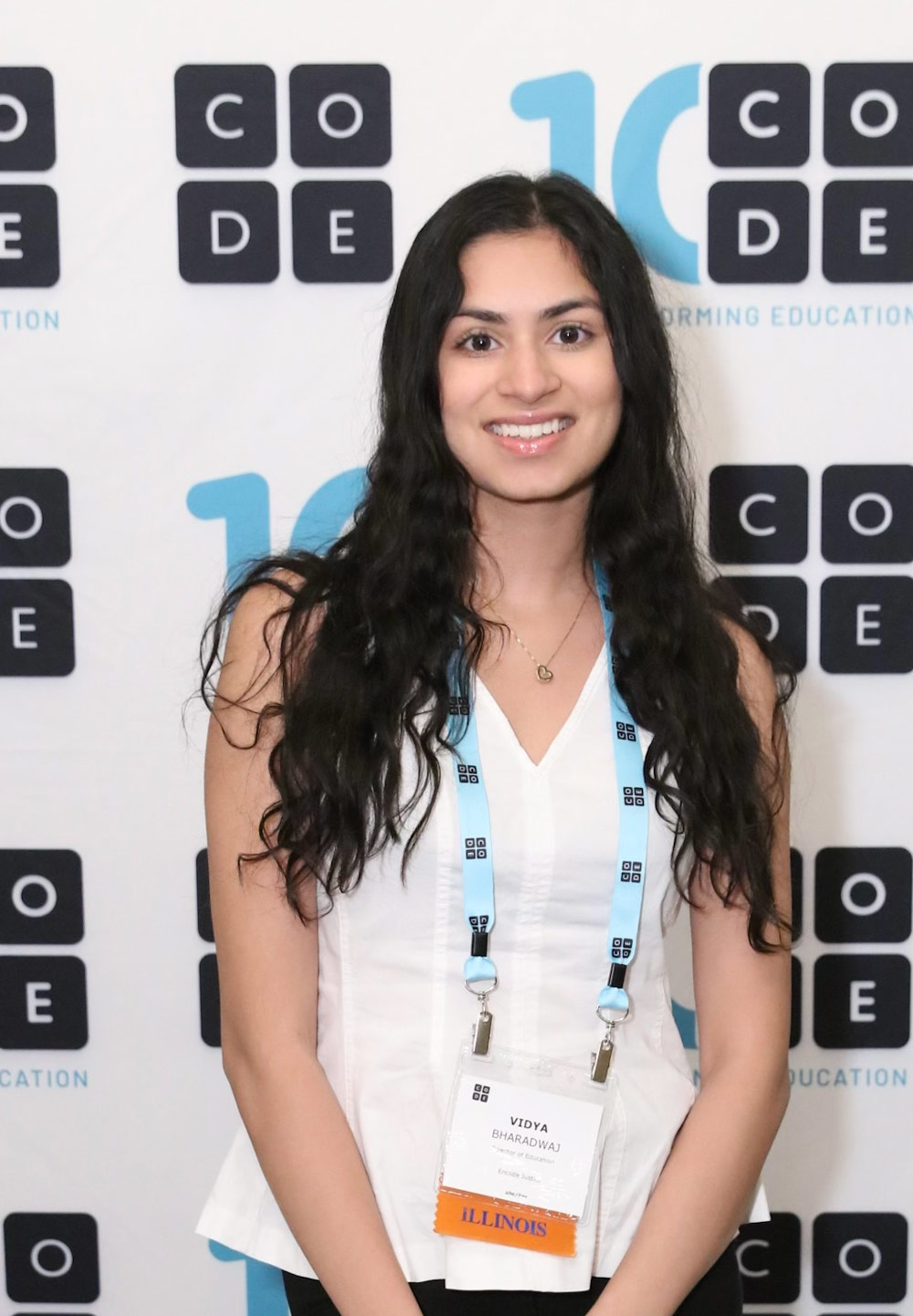
“ Policy and advocacy are the main vehicles for large-scale social change, while science and technology help us innovate in the interest of humanity. At Encode Justice, we work work contextually across these fields — our greatest strength in an increasingly interconnected world. ”
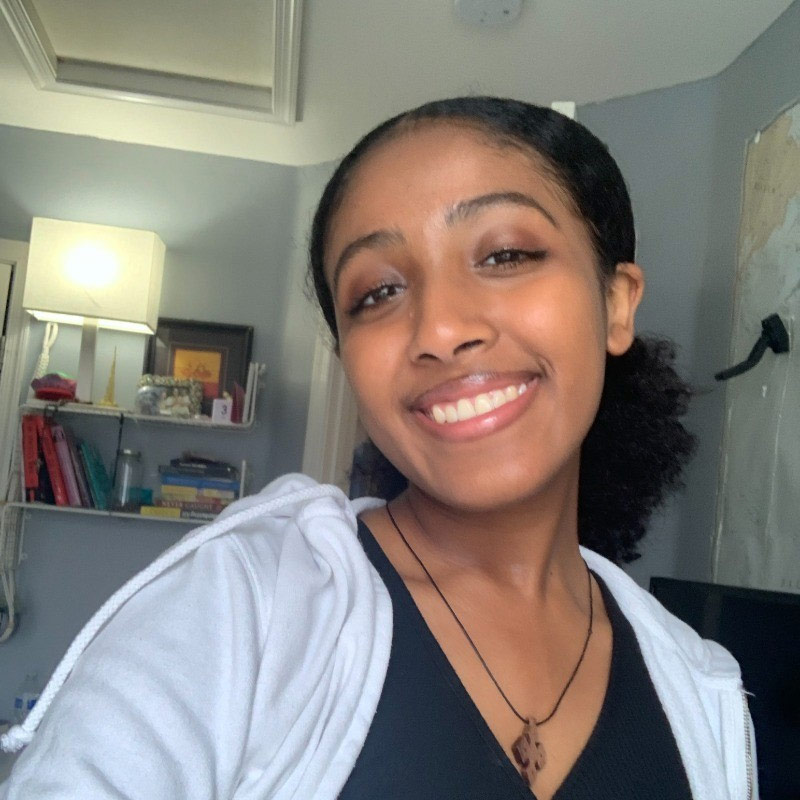
“ At Encode Justice, our vision pierces beyond ones and zeros—we’re motivated by a shared goal of embedding human values into technology. We're an alliance of vibrant youth from diverse corners of the world, crafting a future where safety and justice aren’t merely ideals, but are instead the cornerstone that guides AI advancement. ”
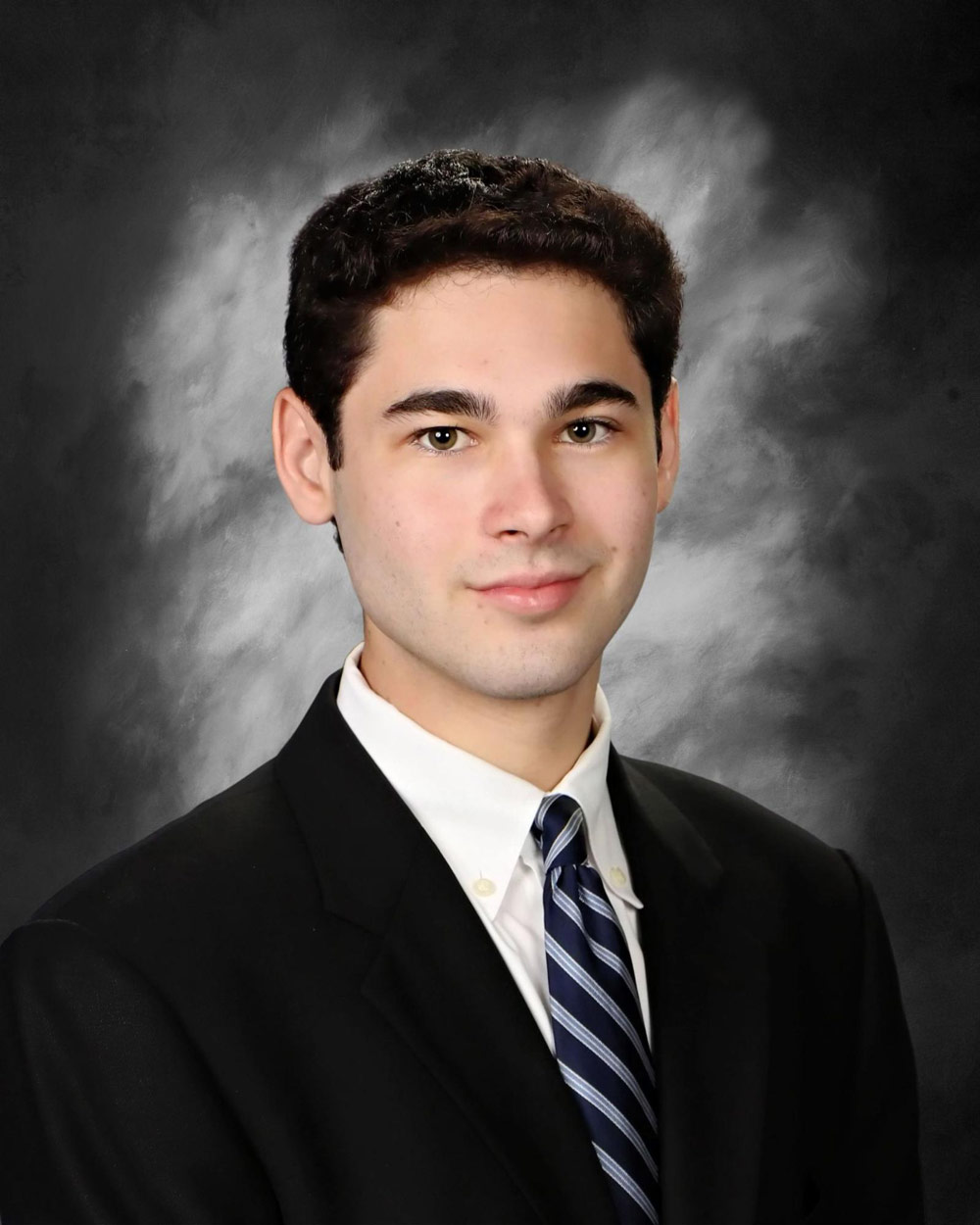
Latest Work from Encode Justice
See all recent posts“ Working at Encode Justice has been a unique adventure, with each day bringing its own set of challenges and opportunities. One moment, we're deeply engaged in crafting and advocating for legislation in state capitols, and the next, we find ourselves engaging with national leaders at the White House. ”

“ Here at Encode Justice, we’re striving to equip young activists across varying social, cultural, and political contexts globally with the tools they need to create a safer and more equitable AI ecosystem. For the future, by the future. ”

“ The work we do at Encode Justice is so special because while most AI policy organizations are cloistered away in Silicon Valley or DC, we also work at the grassroots level, mobilizing campus, city, and state chapters to serve their local communities. ”

“ Encode Justice’s chapter network really empowers students to advocate for privacy and accountability in the face of AI-powered surveillance. It’s truly incredible to see our members engage politically with community leaders on tech policy issues, often simultaneously educating them. ”

“ Encode Justice has reshaped the way I view the world and technology. It has been so inspiring to see how we have impacted more than 5000 students across the globe, changing the lenses through which we view technological development. Encode Justice is not just a network of students, but a movement to reimagine equality in the modern day. ”

“ Policy and advocacy are the main vehicles for large-scale social change, while science and technology help us innovate in the interest of humanity. At Encode Justice, we work work contextually across these fields — our greatest strength in an increasingly interconnected world. ”

“ At Encode Justice, our vision pierces beyond ones and zeros—we’re motivated by a shared goal of embedding human values into technology. We're an alliance of vibrant youth from diverse corners of the world, crafting a future where safety and justice aren’t merely ideals, but are instead the cornerstone that guides AI advancement. ”

Keeping up-to-date with AI can be confusing. We’ve compiled an FAQ on relevant terms + concepts in AI, plus questions we hear all the time!
At its core, Encode Justice is more than just a name. It’s a guiding philosophy: we believe we must encode justice and safety into the technologies we build. When it comes to the future of AI, we are both anxious and enormously optimistic. Our work is rooted in a commitment to realizing our vision of what AI can and should be, not calling for a modern day Luddite movement. That’s why our mission is to encode, not end code.
We rely on the generous support of donors and allies like you to drive our work forward. Here are a few ways you can help advance our mission:
- Make a donation through our website. Financial contributions of any amount will help support our advocacy, workshops, events, and chapter network.
- Help spread the word. Follow us on social media and share our work.
- Volunteer your time. You can support our community more directly by launching a new chapter or joining an existing one!
At present, we find ourselves face-to-face with challenges like algorithmic bias, misinformation, democratic erosion, and labor displacement. We simultaneously stand on the brink of even larger-scale risks that could result from the loss of human control over increasingly powerful systems. If AI surpasses human capabilities at most tasks, the consequences may be existential. The AI factionalism we see today — which has created a false choice between focusing on current harms and preparing for emerging threats — serves no one. We must future-proof, and we must continue our unfinished efforts to create a more equal and just world. We see a moral imperative for the AI community to stand united in addressing the full spectrum of AI risks. Read more here in our recent joint statement with the Future of Life Institute.
Our generation was born into the age of social media: we have seen how AI-powered platforms have expanded our access to knowledge and created new modes of connection, but they have created a youth mental health crisis and allowed misinformation to proliferate, too. As young people, we are the next generation of advocates, consumers, voters, policymakers, developers, educators, parents, and community members. The AI being built today will shape the world that we and our peers inherit tomorrow. More so than any other generation, we have a unique stake in AI’s immediate and long-run impacts. Because of the pace of AI development, the world 10 years from now could be entirely unrecognizable to us today. In the face of what could be one of the most significant and potentially catastrophic threats to our shared future, we refuse to bury our heads in the sand. We are urgently taking up arms to address the full spectrum of AI risks and unleash AI's potential to benefit humanity.
We believe human-centered AI must be built, designed, and governed by and for diverse stakeholders. AI should help guide us towards our aspirational future, not simply reflect the data of our past and present. Rather than creating AI that supplants humans and human capabilities, we should invest in AI that enhances our potential—for example, innovations in personalized education or medicine that nourish human knowledge, creativity, connectedness, and health—while ensuring that the benefits of these technologies are distributed equitably. With appropriate guardrails, AI has the potential to dramatically advance the human condition.
In the years since our founding, we’ve contributed to the passage of local ordinances restricting surveillance in Minneapolis, New Orleans, Seattle, and more; spearheaded advocacy efforts for more than 10 pieces of federal legislation; helped shape the White House’s Bill of Rights for an Automated Society and President Biden’s executive order on AI; reached more than 20,000 high school and college students with workshops about the implications of AI, using our own curriculum; and built a network of 50+ autonomous state, country, and campus chapters. Most recently, our founder Sneha Revanur was the youngest civil society leader invited to advise Vice President Kamala Harris at a private roundtable on AI held at the White House in July 2023—a watershed moment for youth engagement in AI policy.
We were launched in July 2020 by high school student Sneha Revanur, then 15 years old, as a single-issue campaign against a California ballot measure seeking to expand the use of biased algorithms in the state’s justice system. In coalition with other California advocacy groups, we helped defeat the ballot measure by a 13% margin in November. But that was only an opening salvo; by then, our army of students had snowballed. We decided to keep our movement alive — and expand globally — to address other challenges presented by the age of AI, including surveillance, disinformation, democratic erosion, and potential catastrophic risk.
